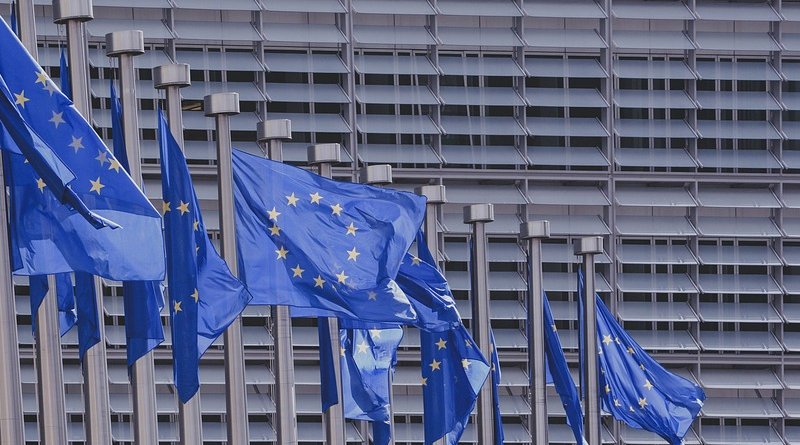EU Budget 2024: MEPs Concerned Over Cuts
By EurActiv
By Silvia Ellena
(EurActiv) — EU lawmakers raised concerns regarding the proposed 2024 budget, which looks to slash funding for the administration of EU institutions, while Budget Commissioner Johannes Hahn bids on EU long-term budget review as a way to avoid cuts.
The European Commission’s proposal for next year’s EU budget, which amounts to €189.3 billion, was criticised by several MEPs during a budget committee meeting on Wednesday (7 June).
While the proposal is nominally higher than the 2023 budget, the past year’s inflation rates mean the proposed amount is lower in real terms. Moreover, the increasing borrowing costs for the repayment of EU debt are stretching the limits of the current EU budget.
Small margins
“We see no space for manoeuvre in security and defence, […] our neighbourhood and for essential programmes,” Siegfried Mureșan, rapporteur on the EU budget told Commissioner Hahn.
He added that interest rate repayments are a “ticking timebomb” in the EU budget, such that it should not be kept within its scope.
“We hope that nothing bad will happen and not more will be needed from the Union, but hope isn’t a strategy,” Mureșan said.
Commissioner Hahn agreed with the rapporteur on the limits of the budget.
“We are where we are,” he said, acknowledging that the proposed budget is “a de facto reduction because of inflation.”
At the same time, he added: “We have made the best possible effort to accommodate the needs based on the very tight budgetary constraints.”
Waiting for the MFF review
Commissioner Hahn hinted that the budget proposal could be improved on the basis of the review of the EU long-term (2021-2027) budget – the Multiannual Financial Framework (MFF) – due to be published by the Commission on 20 June, which is expected to address the issue of repaying EU debt.
“Clearly we are stretching the limits of what we can fund in the current MFF,” the Commissioner said, adding that its revision is critical as rising costs will remain in the coming years.
According to centrist Renew MEP Valérie Hayer, rapporteur on the EU’s own resources, the 2024 budget proposal is “insufficient and disappointing,” though the “real proposal” for the overall EU budget will only come once the MFF revision is presented.
Cuts to EU institutions
During the exchange, several MEPs also complained about the expected cuts in funding to the EU institutions.
Nils Ušakovs (S&D), rapporteur on the EU budget for the dedicated chapter concerning EU institutions, expressed concerns about the downward adjustment of the Parliament’s expenditure estimates for next year, which were adopted in a plenary vote in April.
“The Commission reduced the Parliament’s estimates by €28 million,” he said, adding that it had made “arbitrary” cuts to other institutions as well.
“We will obviously restore the Commission’s cuts in our position in October,” Ušakovs slammed.
Reacting to the MEPs’ concerns, Hahn claimed he took no pleasure in taking such measures, that are due to impact not only the Parliament but other EU bodies as well.
He praised the Parliament for its efforts to keep expenditure levels under control and explained that the estimates in the Commission’s proposed budget take into account the impact of inflation for 2023 and 2024.
“We are confident that on the basis of a successful MFF review, things will look different in a couple of months,” he told EU lawmakers.
Negotiations ahead
The proposed budget will be subject to negotiations in the next months, ahead of a final adoption on 13 November.
Asked about the upcoming negotiations, Mureșan said that the Commission is “going to advocate for increases in budgetary lines where increases are needed.”
He also reiterated his call on member states to avoid cuts to the budget.
“Member states seem to be united in the desire to support Ukraine, and seem to understand the needs to support our neighbourhood and to increase our security,” he told EURACTIV.
“They cannot always ask the EU to do more while in parallel cutting the budget,” he added.

